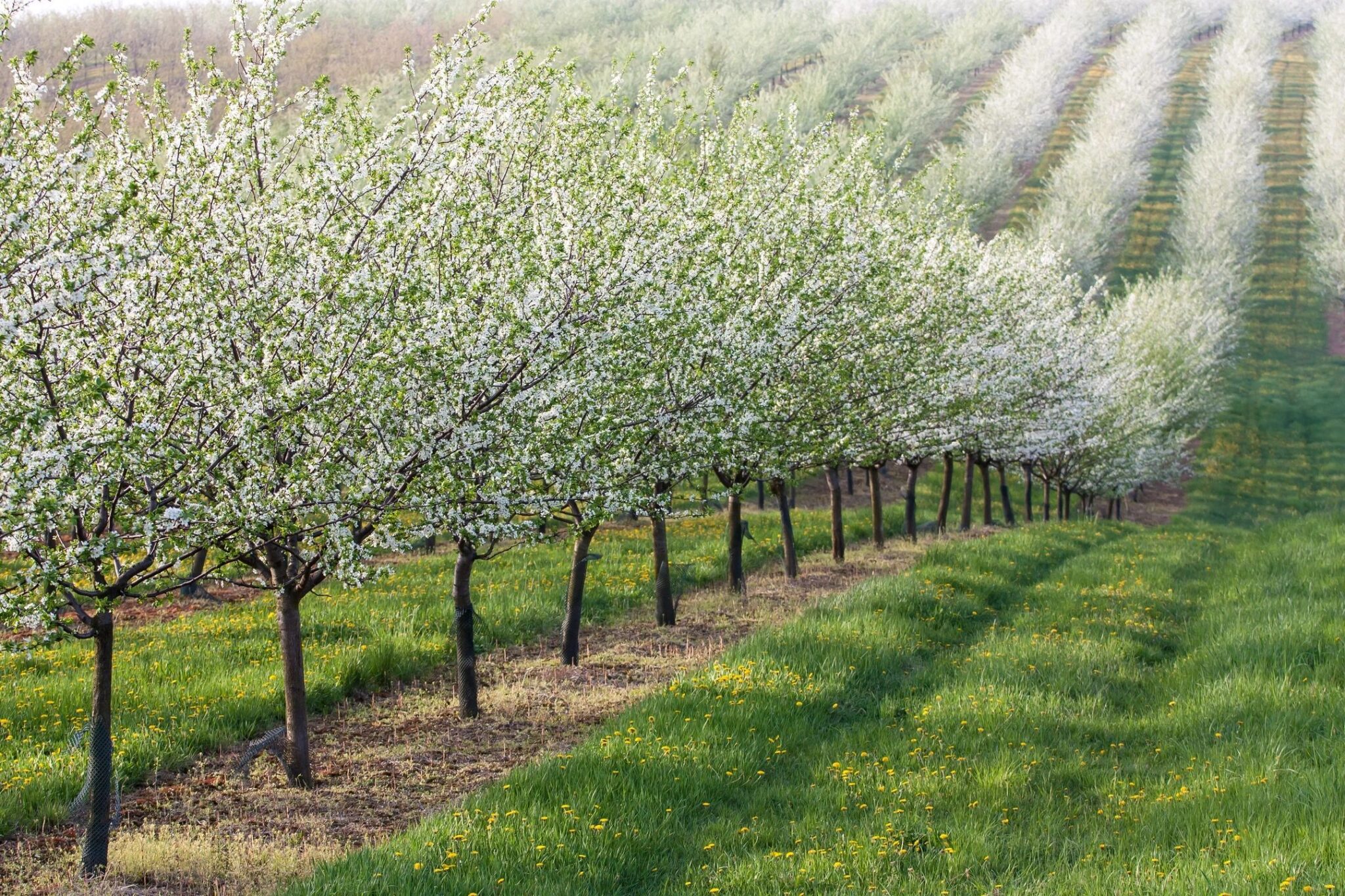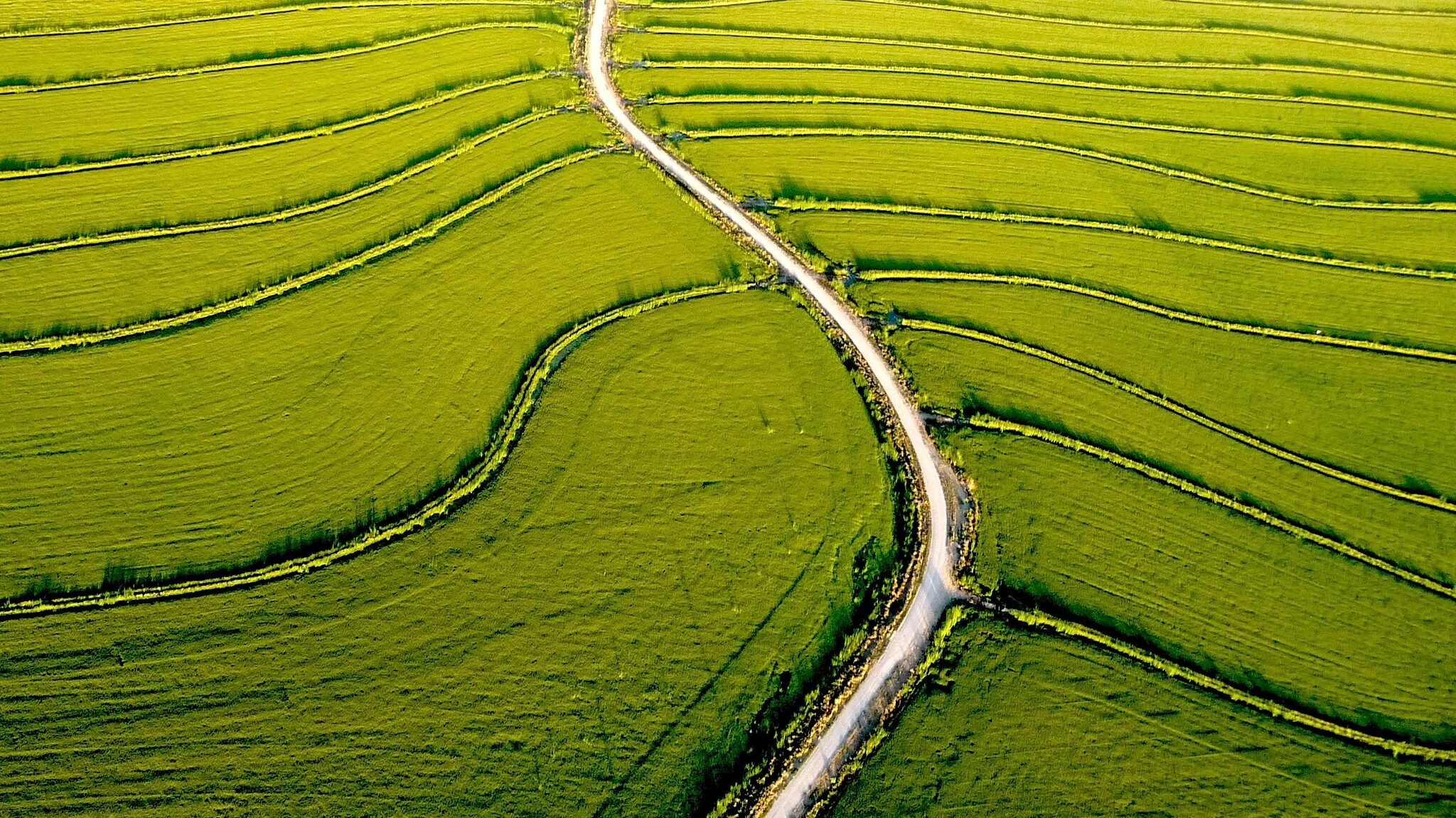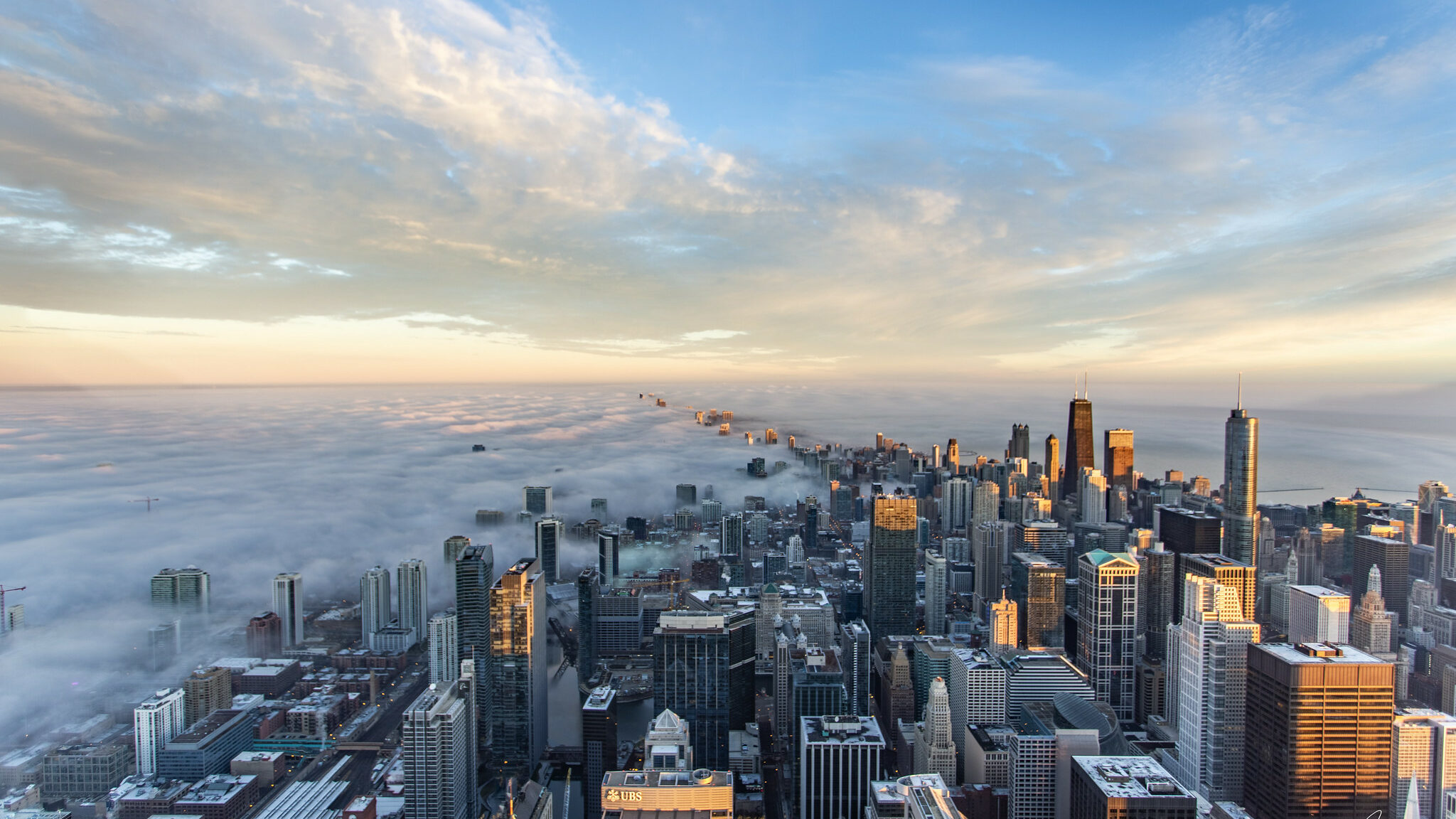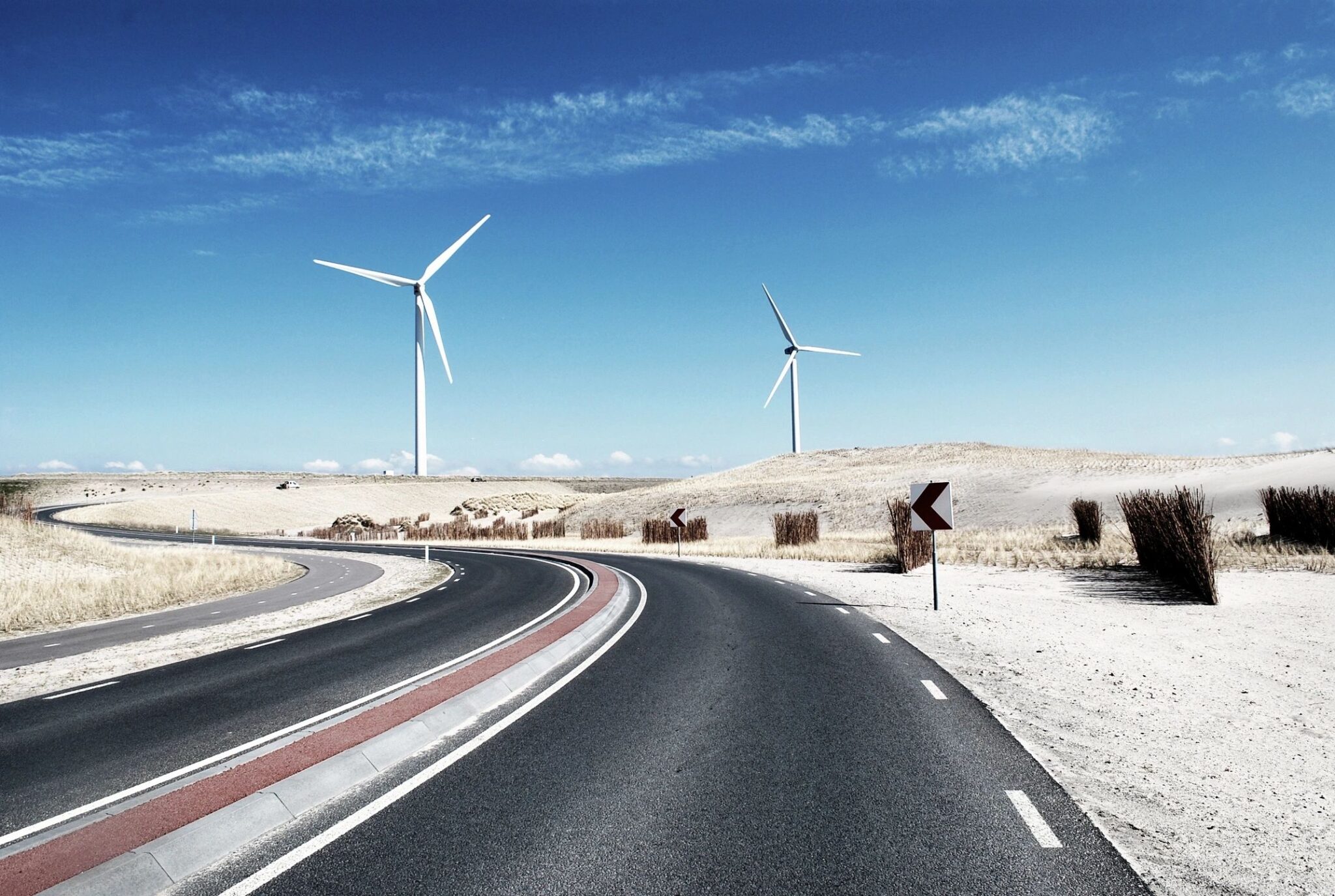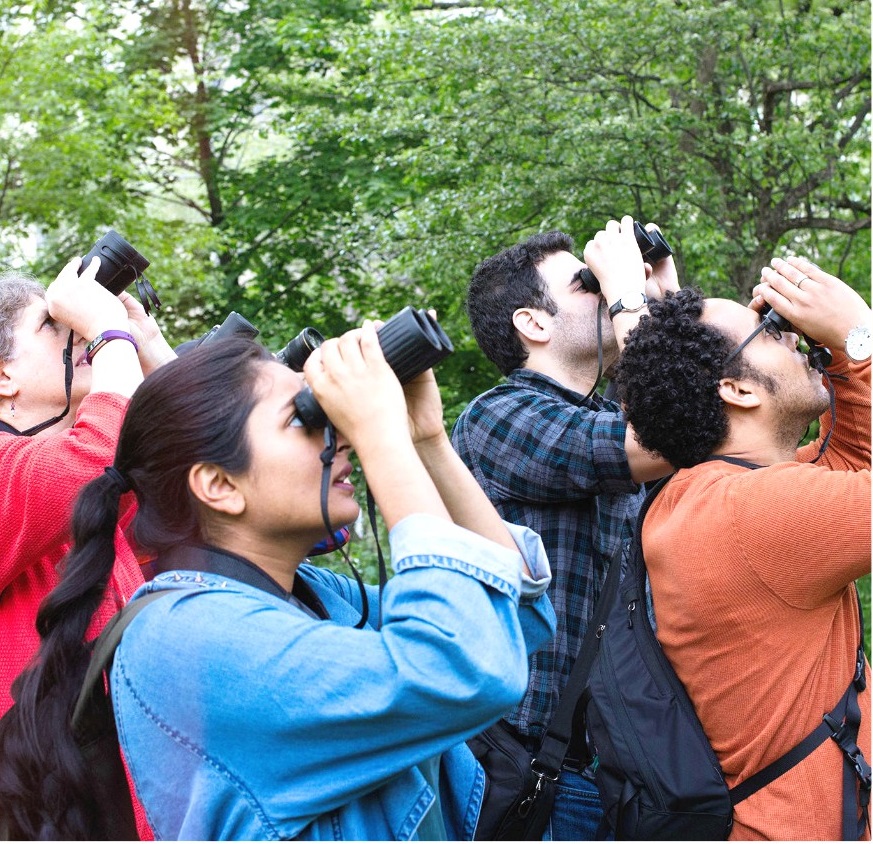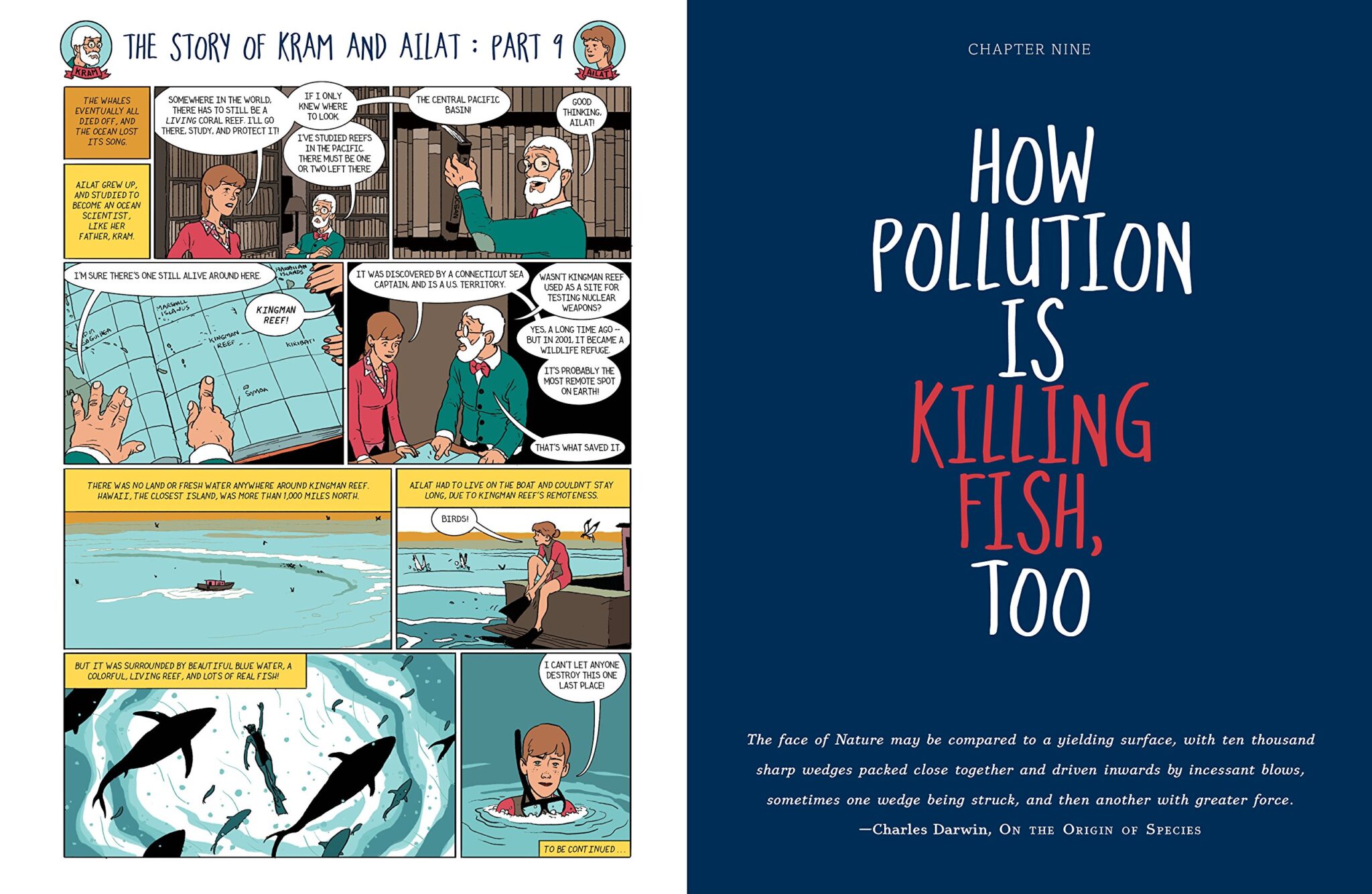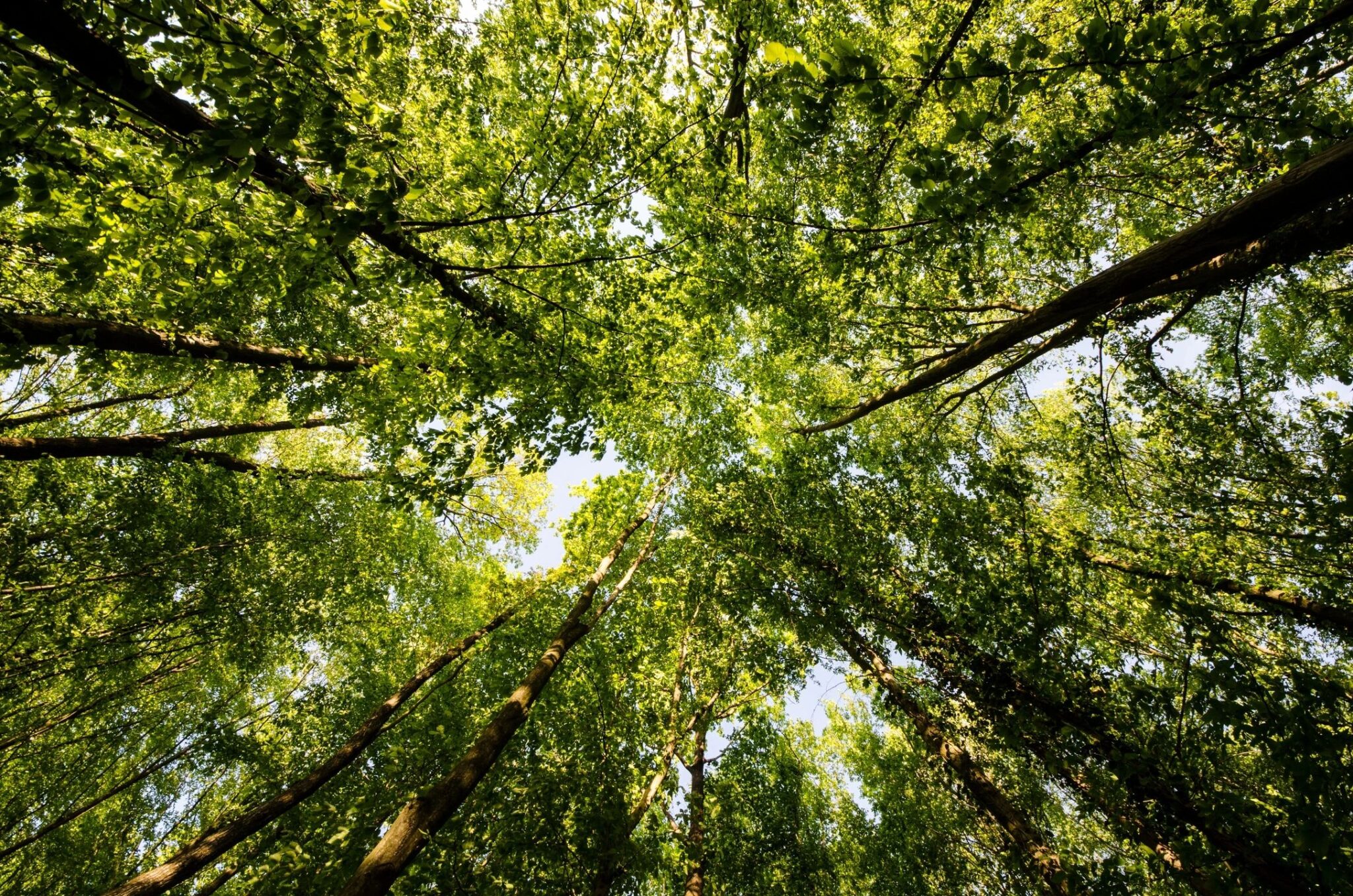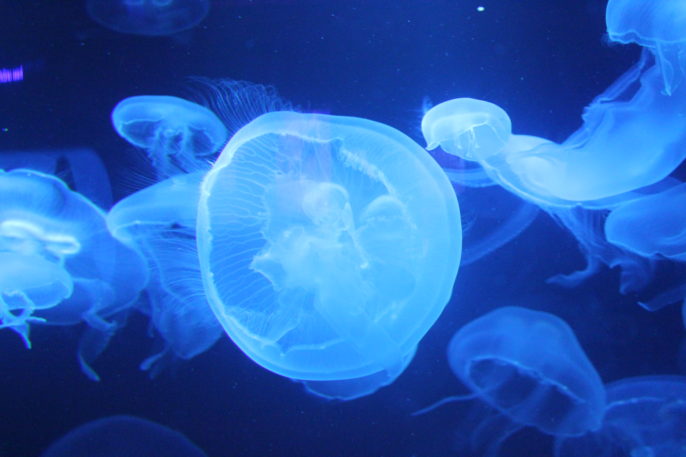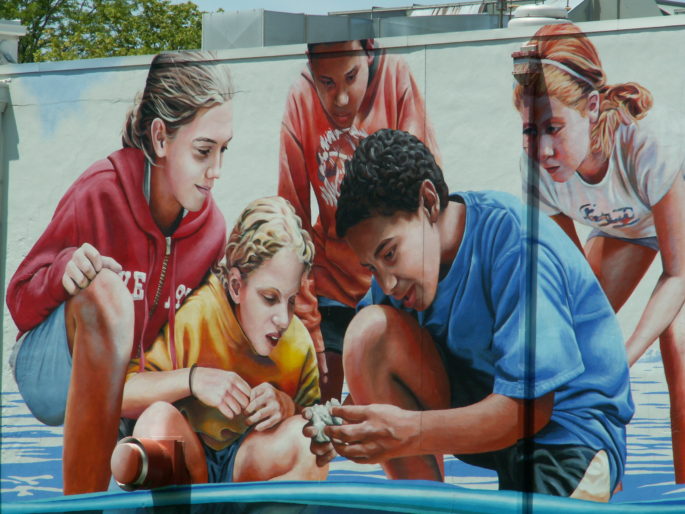Fossil pollen holds clues to past
By Mackenzie Myers What if, instead of ancient treasure and tombs, Indiana Jones researched ancient pollen and soil? Beyond just a seasonal nuisance or a crucial component of agriculture, pollen can be a key to understanding the past. It clues researchers in to how land was used thousands of years ago, as well as what the climate conditions were like at that time. And according to a new study from North Carolina State University, this tool may be available in more areas than previously thought. Painting the past with fossil…
Read More
